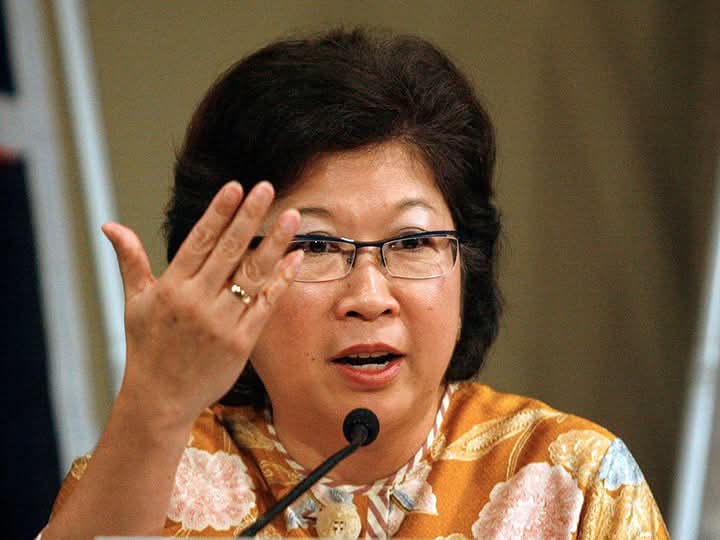Indonesia Joins BRICS: A New Chapter in Global Economic Diplomacy
JAKARTA, RAKYAT NEWS – Indonesia’s recent inclusion as a full member of BRICS, a major international economic alliance, was officially announced by Brazil on Monday, January 8, 2024.
Mari Elka Pangestu, Vice Chairperson and Member of the National Economic Council (DEN) and former minister of trade, outlined several benefits Indonesia stands to gain from this membership.
A Platform for Developing Nations
Mari Elka emphasized that Indonesia’s participation in BRICS will enhance its global positioning, offering a balanced platform for both developing and developed nations.
“This can be seen as a positive step. When there are issues concerning developing countries, we now have a group to advocate for our interests, both within BRICS and other multilateral forums,” she said on Tuesday, January 8, 2025, at the Presidential Palace Complex.
Bridge for Economic Cooperation
She highlighted BRICS as a potential bridge for aligning the interests of developing countries. The forum provides a platform to address key issues and ensure that the voices of emerging economies are heard on the global stage.
Alternative Financial Mechanisms
One of BRICS’ significant advantages is its agenda to promote international trade transactions using currencies other than the US dollar. This includes the New Development Bank, envisioned as an alternative to the World Bank and the International Monetary Fund.
However, Mari Elka noted that the potential positive impacts of these initiatives on Indonesia need further evaluation.
Ongoing Dedollarization Efforts
Mari Elka also commented on BRICS’ dedollarization efforts, stating that Indonesia is already making strides in this area. The country has initiated Local Currency Settlements (LCS) with trade partners like China, bypassing the need to convert the rupiah into dollars before exchanging it for yuan. However, she acknowledged that the dominance of the US dollar in global trade remains a challenge.
Despite progress, Mari Elka noted that the shift away from dollar reliance is still in its early stages. “The process has begun, and BRICS might accelerate it, but the dollar still dominates transactions and asset holdings. Diversification is happening, but it will take time,” she said.
She underscored the importance of clear governance within Indonesia’s government structure as the country takes on its role in BRICS. Coordination between ministries, such as the Ministry of Foreign Affairs and the Ministry of Finance, will be crucial. She also noted the potential need for financial contributions to BRICS in the future, though such requirements are not currently in place.
While optimistic about the opportunities BRICS membership presents, Mari Elka urged caution. “We need to study this carefully, especially regarding the New Development Bank and its potential to fund development projects. These are matters that require thorough consideration,” she added.
Indonesia’s entry into BRICS marks a significant milestone, providing the nation with an opportunity to influence global economic policies and strengthen its position in international trade. As the country adapts to its new role, collaboration and strategic planning will be key to maximizing the benefits of this historic move. (Uki Ruknuddin)


Tinggalkan Balasan Batalkan balasan